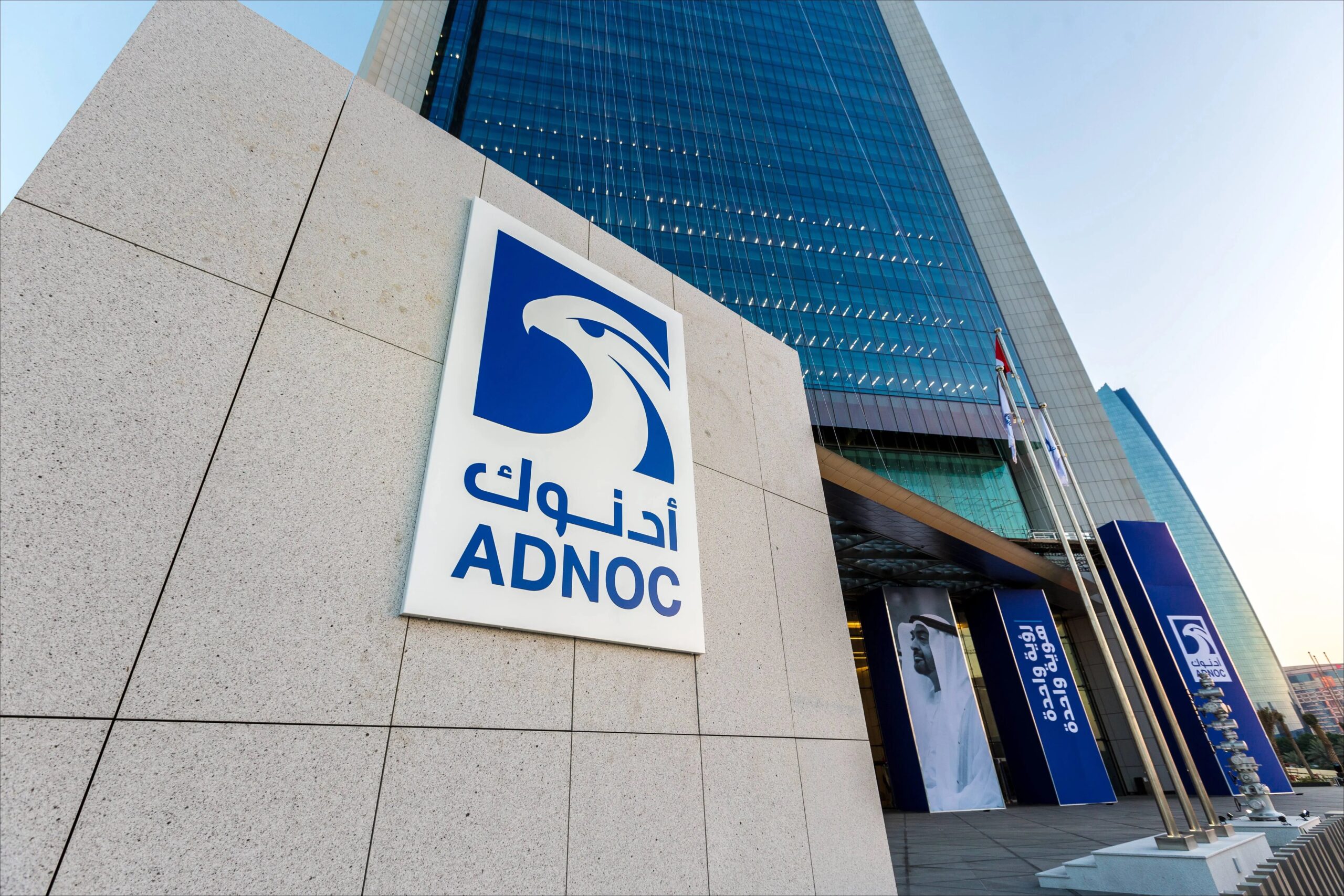UAE raises concerns over EU’s inclusion on dirty money ‘Black List’
UAE economy minister Abdulla Bin Touq Al Marri says UAE doesn’t understand why it’s on list
The United Arab Emirates has voiced its concerns regarding the European Union’s continued inclusion of the country on its “blacklist” of nations cited for shortcomings in combatting illicit financial flows.
In an interview at the World Economic Forum in Davos, Switzerland, Economy Minister Abdulla bin Touq Al Marri stated that the UAE intends to initiate discussions with the EU on its labor requirements for partner nations involved in trade.
“The issue of the EU blacklist is theirs to address,” he remarked. “I find it perplexing that the UAE is still listed.”
He mentioned that the UAE is actively pursuing diplomatic avenues to address this issue but did not clarify whether there are signs of a change in the EU’s position.
The EU routinely evaluates the measures taken by third countries to combat money laundering and finance of terrorism, and the UAE remains on its blacklist, despite the Paris-based Financial Action Task Force (FATF) having removed it from its “gray list” last year.
“The UAE achieved an exit from the gray list in an unprecedented timeframe, based on thorough assessments and on-site evaluations by officials scrutinizing our systems over weeks and months,” Al Marri noted.
Additionally, the UAE is concerned about a new EU directive that could impose penalties on imports from nations that do not permit labor unions.
“It is not appropriate for the EU to dictate how other countries manage their labor systems,” he stated. “What works in the UAE is effective for us.”
He warned that such directives could pose significant challenges to the oil and natural gas sectors.
As a member of OPEC, the UAE exports a minimal amount of crude oil to Europe, according to Bloomberg data. However, it plans to increase its exports of liquefied natural gas to the region.
Qatar, another leading LNG producer, has expressed similar concerns regarding the EU’s climate regulations, indicating that they may lead to reduced fuel supplies to the bloc.
More From “Opinion”

What lies ahead for Saudi Arabia’s relationship with Trump?

Report: Sustainable finance is transforming GCC’s future

Analyst: GCC is set to push global sukuk issuance to $200bln in 2025

GCC trade agreement: a vital boost for the UK’s economic recovery

Five key growth opportunities for the GCC’s industrial sector in 2025

What’s next for the Saudi Arabia-Trump relationship?

UAE raises concerns over EU’s inclusion on dirty money ‘Black List’

5 key trends shaping the UAE in 2025

Middle East reacts to Trump’s return: hopes and concerns

UAE economic outlook: promising growth ahead for 2025

Egypt maintains distance from Syria’s new leadership

Analysis: UAE aims to shake up world order as oil trading centre


